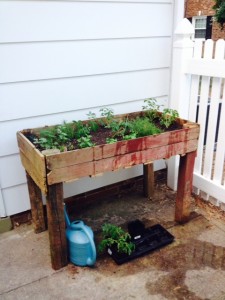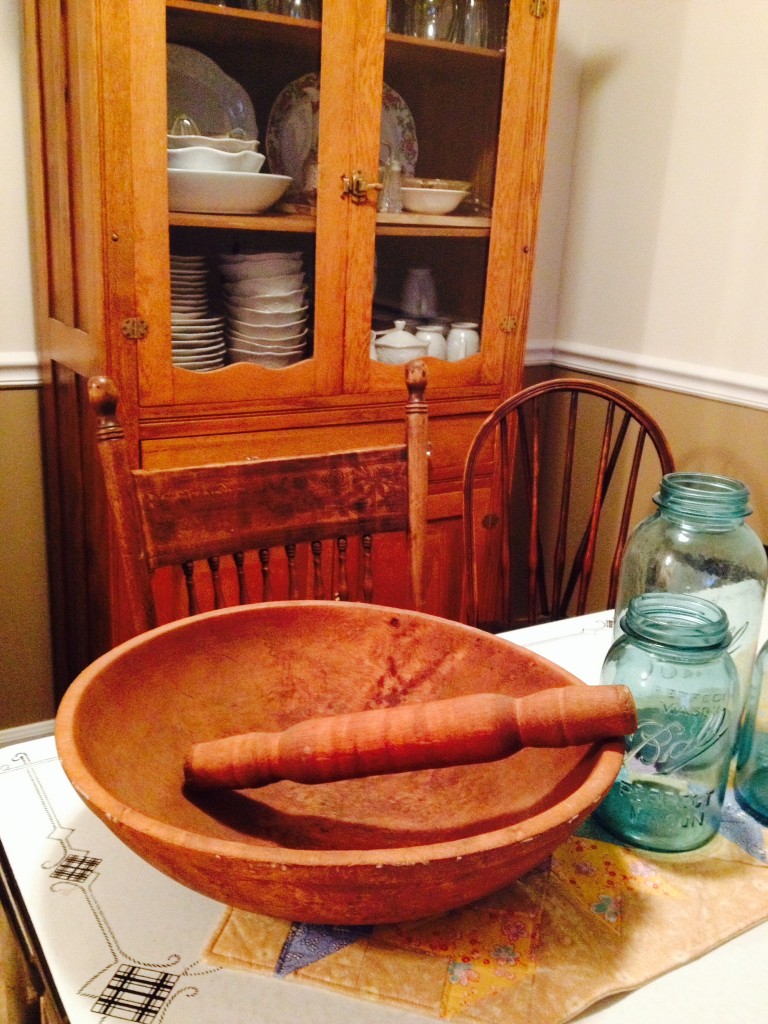There’s been a lot of talk of recovery and the need thereof in my immediate circle lately.
The word rehabilitation has been playing around my mind this morning, and I was thinking about the etymology. Latin re–again, habitare–to make fit. To make fit again presupposes that something was fit before.
I don’t think that’s the case when it comes to things that we treat with what we call rehab, that something was actually fit before–and all it needs is to be restored to its former glory. No, I believe we come to the place where we need rehab because we were fundamentally broken from the get go.
Melissa and I have been reading a book by Richard Rohr called Breathing Underwater. It’s an examination of how the Twelve Steps are congruent with the gospel.
Rohr posits that we are all addicts. It’s just that for most of us, our addiction isn’t to a substance that will kill us, so our dependencies play like background software undetected for most of our lives.
My personal list would be topped by the triumvirate of Approval, Being Liked, and Pleasing Others followed closely by nighttime cereal eating.
I trace back through my years and I watch how my own legion addictions (activities or practices that promise a controlled, pleasurable experience, however fleeting or empty) have shat on my life, relationships, and sanity like a kit of Port Authority pigeons.
I also look back and see where the gentle, masterful Hand of God (where I finally let Him) turned pigeon dookie into manure that grew a really beautiful garden.
It’s grace. Charis undeserved and freely given. God sent the perfect people into my life at the perfect times to tell me in all love and tenderness, “This is a cluster.”
My experience has not been that of tidying up a messy room. There had/continues to be a razing of the whole structure, a re-digging of the foundation, and setting the Cornerstone in place that I had rejected. If the building blocks of our bodies are cells, I have been changed on a building-block level.
This was not self-help, self-improvement, nor will power.
It was Step One: “(I) admitted (I was) powerless over (my addictions)—that (my life) had become unmanageable.” It was the prayer of the despised tax collector in the temple that Jesus taught about: “God, be merciful to me, a sinner.”
It was the end of my perceived self and resources. Accompanied by a ninja spiritual director, a cadre of truth-telling friends, and then the sweetest miracle wife, I walked and walk through re-pentance. Re-thinking. Metanoia.
The gospel says that Jesus died and rose from the dead, and because He did, we do too. It’s that crazy.
I believe the whole thing. And I see the resurrection in my life, how God has raised dead things to glowing brilliance.

